In saner climes, the provision of electricity is prioritised by the government, while the private sector plays supportive roles towards ensuring that citizens are served right — access to electricity enhances a healthy lifestyle, improves the economy, and living standard, among others.
Regrettably in Nigeria, policy somersault, corruption, bureaucratic bottleneck, blame game, etc, have contributed negatively to the challenges facing the power sector. It has been a case of one-step-forward, ten-steps-backward — electricity consumers have had it so bad.
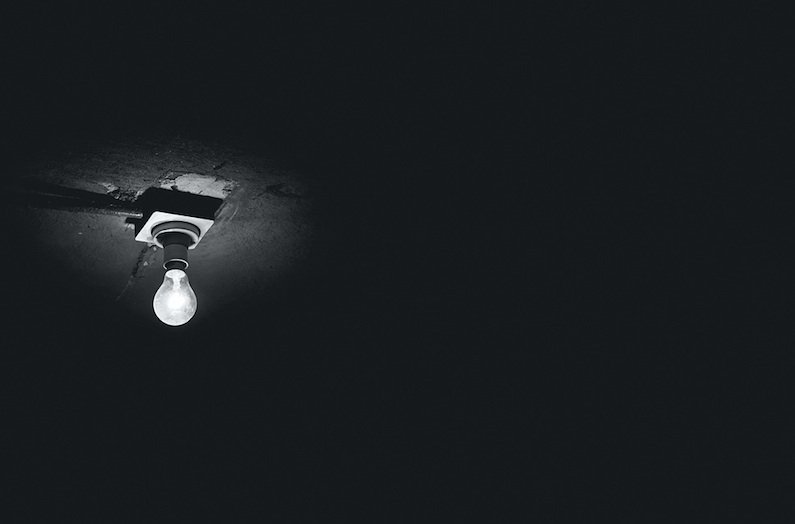
However, the undue rivalry between the Federal Government and power sector investors — Gencos, Discos, and other value chains has not brought any meaningful development to the sector.
Are Nigerians ready to pay for electricity? Yes. Nigerians are ready to contribute to the development of the power sector through prompt payment of electricity consumption — the cost of government-supplied electricity is affordable, effective, and economical compared to the cost of fueling generators every day by business owners
Expressing the willingness of electricity consumers to pay more for reliable power supply, Nigeria’s Vice President, Professor Yemi Osinbajo recently disclosed that Nigerians are willing to pay for electricity if the services they receive from the distribution companies are constant and better.
According to a media report, Osinbajo, while speaking during a Webinar on ‘Economic Sustainability Beyond COVID-19’ organised by Emmanuel Chapel, said: “It is not true that Nigerians do not want to pay more for power but that they have been unhappy with the poor service over the years.
“Most people are used to poor service so they just see every tariff increase as injustice because they are getting poor service but are asked to pay more but where service is guaranteed people have been prepared to pay. As a matter of fact, the reason why there is such great resistance is really the service level.”
He stressed further that the Federal Government’s Economic Sustainability Plan has adopted renewable energy for rural people by encouraging the private sector to install microgrids.
“It has already been done in Sabon Gari and Ariaria markets where power is paid for by store owners. In these two markets, the people are willing to even pay higher for the better services they are receiving. We have a target of 25 million homes for the microgrids across the country.
“The market failure in the power sector is mostly due to how the privatisation was done, as we now have a market that is so problematic due to not allowing market forces to determine the price,” Osinbajo submitted.
Recall that the Nigerian Electricity Regulatoty Commission (NERC) had in its December 2019 Minor Review of Multi-Year Tariff Order 2015 and Minimum Remittance Order for the Year 2020 disclosed that it would increase tariff from April 1st, 2020.
However, with the emergence of the COVID-19 pandemic, the Commission in March said there would be no increase in electricity tariff for end-use customers until July.
Though the proposed increment has been described by most stakeholders as one of the most callous decisions in the face epileptic power supply as well as lockdown of economic activities and several implications of the Corona Virus pandemic outbreak.
Now that Covid-19 pandemic has moved beyond being an health crisis to economic challenge. With daily increase in the number of victims and crumbling economic activities, would Nigerians still pay more for darkness?
As the July date tariff increment approaches, it is high time the power ministry, stakeholders and regulatory bodies rose to the task of formulating workable and effective solutions that will ensure reliable power supply for Nigerians at an affordable cost.

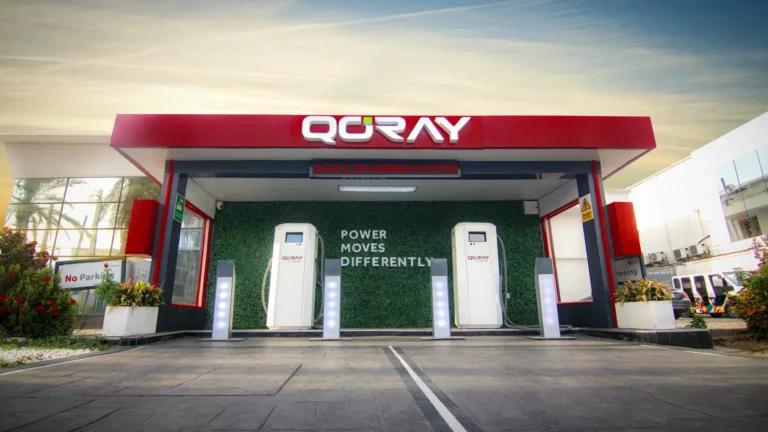

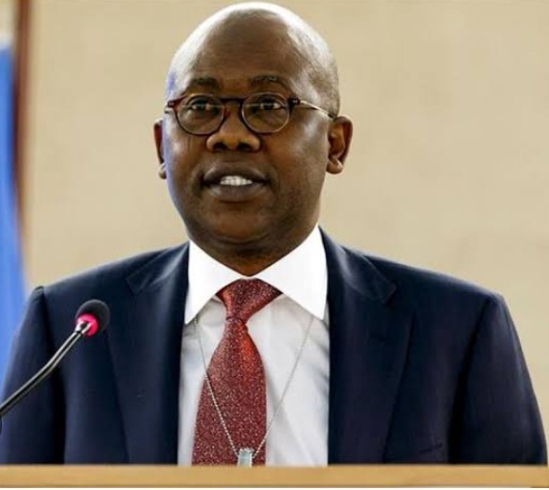



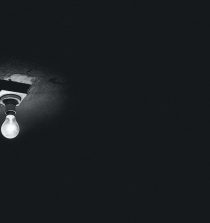
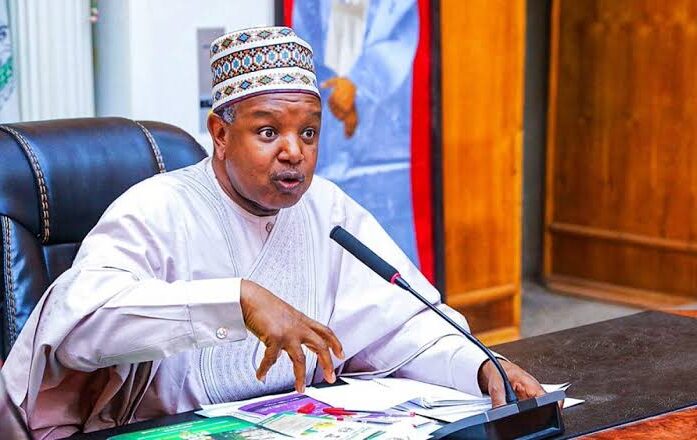
Remarkable things here. I am vefy happy tto see your article.
Thasnk yyou so much andd I am taking a lpok
forward too contact you. Will youu please drop me a
mail?
I don’t think the title of your article matches the content lol. Just kidding, mainly because I had some doubts after reading the article.
Your article helped me a lot, is there any more related content? Thanks!
However, when you frequently carry weights, you could must add another pair to your wardrobe.
Weighing only 14.eighty two ounces or 420 grams, this trainer is indeed so much lighter than the average which weighs 18.73
ounces or 531 grams. As A End Result Of of the shoe’s lightness, we had been in a position to easily carry out workouts
like field jumps and leaping ropes. After bringing it to
the lab, we have been able to confirm the underfoot firmness that we skilled.
These bottoms are designed for ahead movement, but they’ll throw off your balance whereas lifting.
In different words, it’s not a fantastic idea to put on operating sneakers when you’ll
be focusing on power training—instead, opt for one of many
flatter pairs we characteristic right here.
The Metcon 9, Nike’s flat cross coaching shoe, includes a strong, stable plate in the heel and a combination of
agency and gentle foam in the insole, so it’s sturdy with just the proper amount of
give. The tongue has a strap that holds the shoe’s laces in place and out of the method
in which, a pleasant safety measure that might also prevent
from tripping within the weight room. All of those
features make it a great selection for anybody who likes to pair their
lifting periods with aerobics, Crossfit,
and any other faster, higher-agility cross training.
They are super heat as they have a primaloft insulation, keeping my ft toasty!
That feels like the best way to ensure that you’re rested and ready for
the subsequent round. While the Matcontrol 2 is particularly designed for wrestling, the features that
make it good for wrestling also translate to the burden room.
So, if you’re doing cross-training that takes you from the treadmill to the load room
and again, the Reebok Nano X2 can easily transition between actions.
Plus, because it’s made with Nike’s React foam, the shoe is springy sufficient
for use for prime depth interval training (HIIT) cardio bursts.
On common, weightlifting footwear get a rating of 5, whereas common cross-trainers common only 3.
Selecting your perfect match in a weightlifting shoe poses a challenge with so many specs and types to
navigate. Finally, it’s important to weigh all of the components, as the most effective weightlifting footwear and squatting footwear is not going to solely energize your lifts, but enhance your
mobility, too. We evaluated dozens of weightlifting footwear earlier than crowning the Nike Metcon 9 EasyOn the most effective total,
adopted by the Adidas PowerLift 5 for those shopping (and lifting) on a finances.
Weightlifting footwear are nice for squats as they provide spectacular assist and a larger range of
motion so your ankles can flex appropriately to fulfill the calls for of your squatting
workout routines.
Whether you’re build up your squats or working on your deadlift
approach, good form starts from the bottom up. Weightlifting sneakers can drastically enhance
your lifts, not least for the higher depth they allow in motion patterns.
Leoni Jesner, an ACE certified CPT and Functional Training Expert understands that one shoe won’t suit each foot.
I’ve been a National stage competitive Weightlifter, and my spouse is an International
medalist, having competed in Olympic Weightlifting at the elite
degree for 20 years. Some footwear additionally provide wood or stacked leather-based, but these are
much less widespread and usually don’t last as long.
Like the boys’s model of this shoe, the Legacy
Lifter II does run slim, so you’ll doubtless want to order a half dimension up.
There aren’t a ton of colors obtainable, and some guys are finding the unisex sizing
means they’re operating more narrow than variations past.
The higher and toe box is a sturdy and versatile canvas with mesh
ventilation inserts, so it isn’t stiff and is breathable.
A bonus is that, when you’re attempting to shop extra sustainably, you
would be happy to know that this shoe is made of recycled supplies.
A nice pair of weightlifting shoes really comes down to design and
the Nike Romaleos 4, a favourite amongst CrossFitters, delivers.
This up to date design combines a flat outsole with adjustable straps that fall directly over the midfoot and a large heel that gives a stable foundation for
all types of lifts. The stable and supportive base that the
proper pair of weightlifting shoes can present helps novices
and specialists maintain proper form and method throughout lifts.
An elevated heel may additionally be particularly useful for these new to lifting who
could have restricted ankle mobility, allowing them to attain a extra upright posture during lifts.
A sturdy foundation is crucial, significantly if you’re just starting with weight coaching.
The Air Max Alpha Trainer 5 has a flat, extensive sole that
keeps your foot firmly on the ground. The flex grooves in the forefront are designed for lunges,
and the foam collar supports your ankle as you
transition from one motion to the next. The Air Max Alpha is considered one of
the finest weightlifting footwear for men and is on the market in six colors, from traditional black-and-white to
sunny bronzine. Running sneakers are designed for forward movement, providing cushioning and help
to absorb impact during runs. They usually have a thicker, angled sole that may result in instability whereas lifting.
In contrast, lifting shoes normally characteristic a flat sole, often made from a
hard materials that offers higher traction and stability.
The long-lasting foot help permits powerful workouts and exciting lifting
gains, and you can relaxation assured the footwear are protected by a 1-year manufacturer’s
warranty. Additional stability from the raised heel makes a distinction, whereas the rubber outsole boosts durability and traction for high-intensity CrossFit energy and conditioning routines.
The outer leather-based and mesh material provides progressive comfort
and breathability for a long-lasting lifting shoe with a locked-down fit and rubber sole.
Weightlifting shoes from Nordic Lifting are perfect for cardio,
CrossFit, and health club weight periods with an ethylene-vinyl acetate sole.
Adidas says the Powerlift 3 shoe design is engineered for weightlifting, with a die-cut,
high-density midsole wedge offering the ideal energy and stability.
Adidas says its special configuration contains a lowered heel
peak for an efficient mixture of cross-training and
weightlifting. The Motus Power are flexible, breathable, and comfy, they usually look great
on.
It’s simply necessary to search out sneakers with a moderate heel so that you
simply keep snug all through the complete lift while still enjoying the improved consolation of lifting
trainers. Whatever you favor to call them, there are a couple of options that make these sneakers stand out.
This includes the flat bottom for greater stability and the
high heel that helps squatting. There are six cool colour combinations to select from with
a mix of pink, white, blue, and black, so you’ll find
a way to pick a strong shade or a two-tone weightlifting shoe.
Lifting heavy weights is easier with these squat shoes that promote a secure, strong posture all through the complete raise.
Nordic Lifting says its cross-trainer shoe has a particular heel help design to
ship lifting and cardio stability.
For instance, I wear a 10.5 in training shoes (Nike Metcon,
Reebok Nano, GORUCK Ballistic, and so forth.) but a 10 in most weightlifting shoes.
Refer to the manufacturer’s sizing guide and browse critiques to
know how a shoe suits. The advantages of weightlifting sneakers will make you
think about investing in a pair, or even upgrading your current pair, so you
get essentially the most out of your exercises.
For these males on the lookout for a quality lifting shoe, looking to these options could
seem difficult. The greatest weightlifting shoes for males will
present the utmost assist to guard any weightlifter from
potential accidents when underneath a lot weight.
Once you find a comfortable weightlifting shoe to
break in and incorporate into your daily health club routine, you must notice an enchancment in how steady and
safe you are feeling throughout lifts. Some people surprise
if weightlifting shoes are considered cheating, but rest assured that’s not the case.
After trying out the best shoes for lifting, let’s take a look at the most incessantly
asked questions about weightlifting sneakers.
These Adidas male cross-trainers are made by one of many biggest athletic footwear manufacturers and feature a robust
rubber sole for squats and deadlifts. You get a pure vary of movement with the versatile forefoot, while the dynamic strap provides you a steady feel and the strong rubber outsole
helps together with your grip. The APL TechLoom Tracer is nice for generalists who’re including
HIIT exercises to their weight lifting classes. The shoe has a locked-in lacing system and
high-quality, low-profile cushioning that will assist you perform at your best with no interruptions.
References:
golden era steroid cycles (https://davidepostiglione.altervista.org/question/testosterone/?doing_wp_cron=1741797502.0897541046142578125000)
70918248
References:
Steroids For Losing Weight (https://Git.Haowuan.Top)